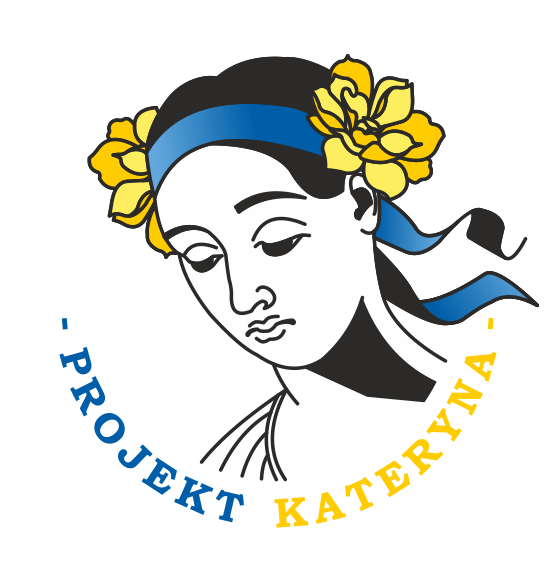Projekt Kateryna: Undoing Russian imperialist propaganda

Three centuries of systematic Russian condescension towards Ukraine have paved the way for Russia’s attack on Ukraine. The Russian attitude of patronising superiority has permeated not only Russian intelligentsia and general public, but also the German, French, Scandinavian and Anglo-Saxon world, and even parts of the Slavic world. The manipulation of public opinion has culminated in the two last decades of Russian disinformation campaigns, skillfully orchestrated by Putin’s troll factories.
Russian disinformation is the antithesis of Wikipedia’s NPOV (Neutral Point of View). Through its mission of neutrality, Wikipedia is the perfect platform for combatting disinformation. Yet, even Wikipedia is today influenced by Russian propaganda – to a different degree for different language versions.
The aim of Projekt Kateryna is to fix this, with a special focus on the burning issue at hand – Ukraine.
From a Wikipedia perspective, this is about mapping out and gradually eliminating the current Russian bias.
From a Ukrainian perspective, this is about rectifying Ukraine’s reputation internationally.
From a Polish, Baltic, and Finnish perspective, this is about learning from Ukraine’s history of Russian oppression and acting as role models for how a national identity can be depicted, less distorted by centuries of Russian propaganda.
For “the collective West”, it’s about creating a safety net for democracy, in the form of an educated general public. And it’s about finally taking responsibility for living up to the Western values of freedom and human dignity in the foreign policy towards Ukraine, after three centuries of merely promoting self interest by not questioning the Russian imperialist view.
We believe the project is not just enormous, but hard to coordinate.
-
It requires efforts by Wikipedians, who have all the necessary tools and the processes, but whose volunteers lack the time and resources to provide all the content necessary. Also, Wikipedians (for good reasons) are generally averse to content created for money.
-
It requires efforts by universities, who have knowledge and academic rigour, but limited Wikipedia knowledge and a reward system focused on producing graduates and scientific papers, not on educating the general public.
-
It requires support by private NGOs, who have interest and financial resources but a complicated decision making process, which involves both bureaucracy and inertia.
-
It requires support by Western governments, who in principle have unlimited interest and enormous financial resources but an even more complex, political decision making process.
